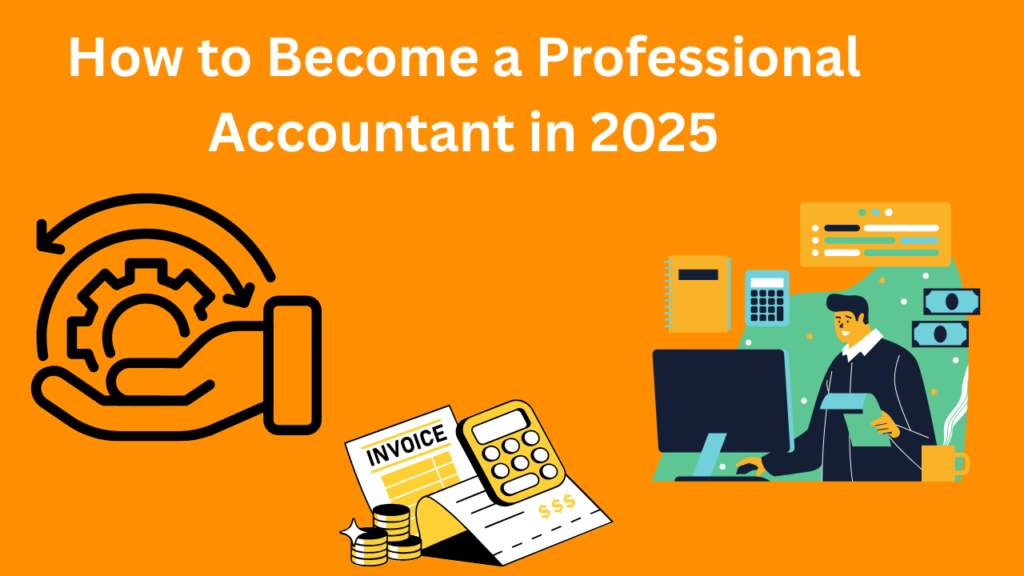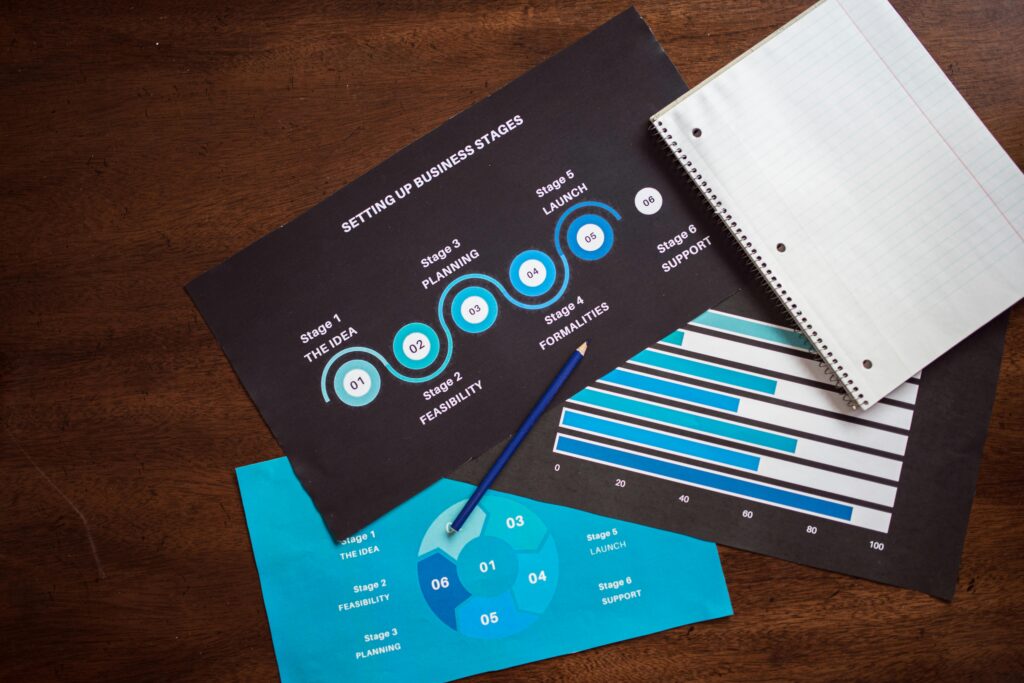How to Become a Successful Professional Accountant 2025

Title: How to Become a Professional Accountant: Your Complete Guide to a Successful Accounting Career
SEO Meta Description: Discover how to become a professional accountant with our step-by-step guide. Learn about education, certifications, skills, and career growth in the accounting industry.
URL Slug: how-to-become-a-professional-accountant
Introduction
In today’s fast-paced, data-driven world, accountants play a vital role in maintaining the financial health of businesses, organizations, and individuals. If you’re wondering how to become a professional accountant, you’re not alone. This in-demand career offers stability, competitive salaries, and a clear path for progression. This comprehensive article will guide you through every step to becoming a professional accountant, from education to certification and beyond.

1. Understanding the Role of a Professional Accountant
Before diving into the steps, it’s essential to understand what a professional accountant does. Accountants are responsible for preparing and examining financial records, ensuring accuracy, and ensuring that taxes are paid properly and on time. They also assess financial operations and help organizations run efficiently.
Common Responsibilities Include:
- Preparing financial statements and reports
- Managing budgets and forecasting
- Conducting audits
- Ensuring compliance with laws and regulations
- Offering strategic financial advice

2. Educational Requirements
The journey to becoming a professional accountant begins with education.
a. Obtain a High School Diploma or Equivalent
A solid foundation in mathematics, economics, and computer science is helpful at this stage.
b. Pursue a bachelor’s degree
A bachelor’s degree in accounting or a related field, such as finance, business, or economics, is typically required.
Key coursework includes:
- Financial accounting
- Managerial accounting
- Taxation
- Auditing
- Business law
- Economics
- Statistics

3. Gaining Experience Through Internships
Internships provide hands-on experience and are often required by degree programs. They offer invaluable insight into real-world accounting and help build a professional network.
Benefits of Internships:
- Gain practical experience
- Improve your resume
- Build professional relationships
- Increase your chances of getting hired post-graduation
4. Earning Professional Certifications
Certifications are essential for advancing your accounting career. They not only enhance your resume but also increase your earning potential.
Most Recognized Certifications:
- Certified Public Accountant (CPA)
- Certified Management Accountant (CMA)
- Chartered Accountant (CA) (Common in countries like the UK, Canada, and Australia)
- Certified Internal Auditor (CIA)
Steps to Becoming a CPA (U.S.):
- Meet education requirements (usually 150 semester hours)
- Pass the Uniform CPA Examination
- Gain required work experience (varies by state)
- Apply for licensure

5. Developing Key Skills
Successful accountants possess a combination of hard and soft skills.
Essential Skills Include:
- Analytical and critical thinking
- Attention to detail
- Proficiency in accounting software (e.g., QuickBooks, Excel, SAP)
- Communication and interpersonal skills
- Time management
- Ethical judgment and professionalism

6. Choosing a Specialization
Accountants can specialize in various areas depending on their interests and career goals.
Common Specializations:
- Tax Accounting
- Forensic Accounting
- Auditing
- Cost Accounting
- Financial Analysis
- Government Accounting

7. Finding a Job as a Professional Accountant
After meeting educational and certification requirements, the next step is job hunting.
Tips for Finding a Job:
- Prepare a professional resume and cover letter
- Network through career fairs and LinkedIn
- Use job boards like Indeed, Glassdoor, and LinkedIn Jobs
- Apply for entry-level roles such as Junior Accountant or Staff Accountant

8. Continuing Professional Development
The accounting profession is constantly evolving. Continuing education helps you stay current with industry trends, technologies, and regulations.
Ways to Continue Learning:
- Attend seminars and webinars
- Enroll in online courses (e.g., Coursera, LinkedIn Learning)
- Join professional associations (e.g., AICPA, IMA)
- Pursue advanced degrees such as a master’s in accounting or an MBA.
9. Climbing the Career Ladder
With experience, you can advance into senior positions and even executive roles.
Potential Career Progression:
- Senior Accountant
- Accounting Manager
- Controller
- Chief Financial Officer (CFO)
Many accountants also transition into related fields like financial planning, consulting, or entrepreneurship.
10. Global Opportunities and Remote Work
Accounting skills are in demand worldwide, and many roles offer remote or hybrid options.
International Certifications:
- ACCA (Association of Chartered Certified Accountants)
- CPA Australia
- ICAEW (Institute of Chartered Accountants in England and Wales)

Conclusion
The path to becoming a professional accountant is structured, rewarding, and full of opportunities. From gaining the right education and certifications to developing key skills and growing within the industry, each step is vital to long-term success. The demand for skilled accountants continues to grow globally, offering promising careers in both the public and private sectors.
If you are serious about pursuing a future in accounting, now is the time to act. Begin with a solid educational foundation, seek out hands-on experience, pursue certifications, and remain committed to lifelong learning. By doing so, you will not only achieve professional accountant status but also open the door to a dynamic and fulfilling career.

Welcome to my page https://www.xafsashariif.com







